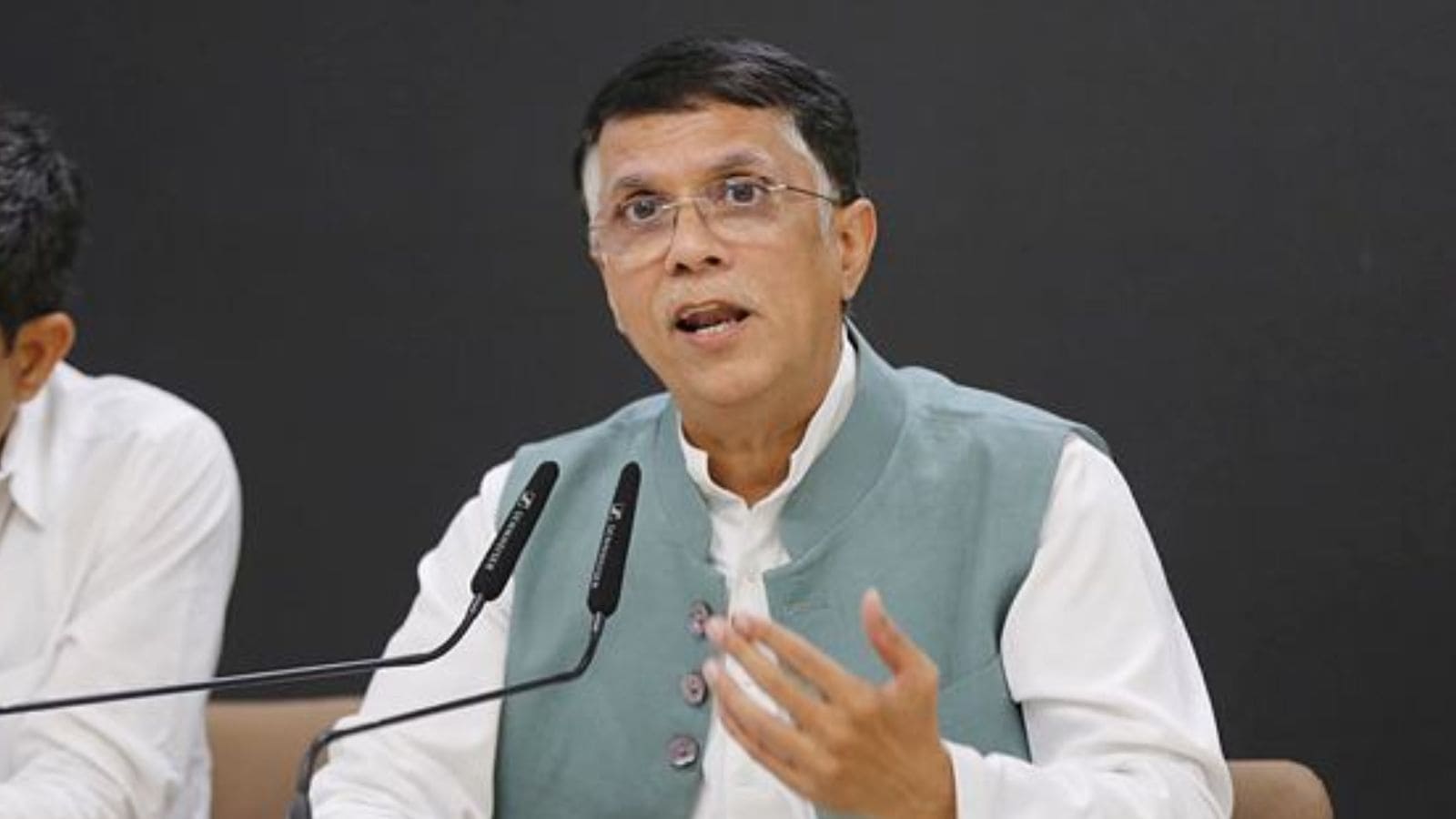 |
|
The death of former Indian Prime Minister Manmohan Singh has ignited a political spat between the Congress party and the ruling Bharatiya Janata Party (BJP). The core of the disagreement revolves around allegations of mismanagement and a perceived lack of respect shown towards the late Prime Minister during his state funeral. Congress leaders have leveled several accusations against the government, claiming that the arrangements were inadequate and that the focus of media coverage was inappropriately shifted towards Prime Minister Narendra Modi. These claims have been vehemently denied by the BJP, which accuses Congress of attempting to politicize a solemn occasion.
Congress spokesperson Pawan Khera spearheaded the accusations, highlighting several perceived shortcomings in the funeral arrangements. He claimed that Dr. Singh's family was given only three seats in the front row, despite the presence of his wife and three daughters, along with their families. He further asserted that access for news agencies was restricted, leading to a skewed portrayal of the event in which Doordarshan, the national broadcaster, focused primarily on Prime Minister Modi and his cabinet members, rather than the deceased and his family. Khera also criticized the government's decision to hold the funeral at Nigambodh Ghat, a cremation ground, rather than a location that would allow for the construction of a memorial. He asserted that the Congress had even proposed alternative locations but the government failed to cooperate. Additionally, Khera claimed there was mismanagement leading to difficulties in locating individuals who were meant to perform rituals during the cremation.
The BJP's response, delivered by IT department head Amit Malviya, was swift and dismissive. Malviya vehemently rejected all accusations of mismanagement, attributing the seating arrangements to the Central Public Works Department in consultation with Delhi Police. He stated that five seats were designated for the immediate family in the front row, which were occupied by Mrs. Singh and her daughters. The remaining seats in the front row were reserved for constitutional authorities, such as the President, Vice President, and other dignitaries. He added that additional seating was available for the extended family in subsequent rows. Malviya refuted Congress's claims about the media coverage, stating that national events of this magnitude are typically covered by Doordarshan. He also dismissed the accusations regarding the Prime Minister's conduct during the handing over of the national flag and the gun salute, stating that the state funeral was performed with complete adherence to protocol and military honors.
The differing accounts highlight a significant divergence in perspectives. The Congress portrays the event as a display of disrespect towards a former Prime Minister, highlighting the limited seating arrangements for the family and the perceived media bias. They interpret these as intentional slights, suggesting a deliberate attempt to downplay the significance of Dr. Singh's contribution to the nation. Conversely, the BJP vehemently denies these accusations, presenting a counter-narrative that emphasizes the meticulous adherence to protocol and the logistics of managing a state funeral involving numerous dignitaries and security considerations. The BJP frames the Congress's accusations as opportunistic politicking, seeking to capitalize on a sensitive event for political gain.
The core issue lies not just in the facts of the funeral arrangements, but also in the interpretations. The number of seats allocated, the media coverage, and even the choice of cremation location are all subject to different interpretations based on political affiliations. The Congress's claims, even if partially true, serve to underscore a larger narrative of political tension and a feeling of marginalization within the political landscape. Similarly, the BJP's response, while denying wrongdoing, contributes to the prevailing political climate of suspicion and distrust. The dispute reveals deep-seated divisions and underscores the difficulty in disentangling political maneuvering from genuine concerns about respect and appropriate protocol during a state funeral.
Beyond the immediate political fallout, the controversy raises broader questions about the management of state funerals and the balance between political sensitivities and the respectful remembrance of national leaders. The transparency of the arrangements and the impartiality of media coverage during such events are crucial to maintain public trust and to avoid the perception of political exploitation. The episode serves as a reminder that even in moments of national mourning, political divides can profoundly shape the narrative and generate ongoing controversies. The lack of a cohesive, neutral account further underscores the deep chasm between the ruling party and the opposition, highlighting the challenges in reaching consensus on matters of national importance, even in the face of shared grief.
Source: Manmohan’s funeral: Congress says ‘focus was on PM Modi’, BJP asks it to ‘stop politicising’
